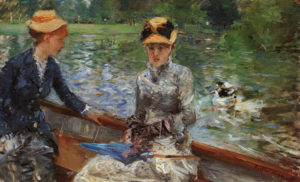 I haven’t been to an art museum in quite a while. I used to go all the time. The only reason I went today was because there was such a long line at the Smith bulb show (my original destination). It’s not the Met or the MFA, but the Smith art museum—half a mile from my house—is a gem.
I haven’t been to an art museum in quite a while. I used to go all the time. The only reason I went today was because there was such a long line at the Smith bulb show (my original destination). It’s not the Met or the MFA, but the Smith art museum—half a mile from my house—is a gem.
As I wandered through the galleries (I’m afraid my penchant is for the older works), I was struck by something I’d never really thought of before. No doubt it’s pretty obvious to anyone who knows anything about art or photography. It’s so obvious, I feel a little idiotic for not realizing it long ago. Simply put, a visual artist takes a scene, a person, some setting people have been looking at or passing through for years, and finds the story in it.
Portrait of the author, author of the portrait
The cards on the wall next to the portraits say who it was and where they were situated in society. They tell us what aspect of the subject the artist chose to portray to bring the subject to life in two dimensions. By placing the hands a certain way, or emphasizing a detail of costume, we get a glimpse inside the subject as the author has chosen to present her.
A great portraitist can bring her subject to life with delicate touches. A great author can do the same. No excess adjectives or overwrought dialog, just the essence of a particular character in a particular situation, a gesture, an action, a response.
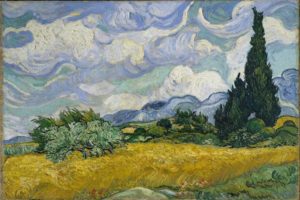 The landscape of the mind
The landscape of the mind
The magic of art, for me, also resides in how painters find the story in a landscape, or a building, or a seascape. They frame the view and create the atmosphere that compels our eyes to gaze and wonder. They take us on a journey through a single image—a journey with a beginning, a middle, and an end. We learn something new about the landscape by seeing it through the filter of the artist’s eyes.
An author also takes the raw material of life or history and frames it to bring out a deeper truth. The things we’ve heard people say a million times take on meaning in the context of the author’s vision. In deciding what to put in and what to leave out, what is said and what is not said, the author leads the reader through the story just as the painter guides the eye with color, light, and shadow.
Representation vs. abstraction
Because writing involves words, which represent things even if that thing is an emotion or an atmosphere, writing pretty much can’t help being representational. Visual art moves to another realm when it becomes abstract. I don’t have the vocabulary to discuss abstract art, but perhaps a parallel could be drawn to poetry by someone with more expertise in both than I.
Suffice it to say for now that both art and literature require their creators to find the story, frame the view, and create characters. Something that, in both cases, is much more difficult than it sounds.
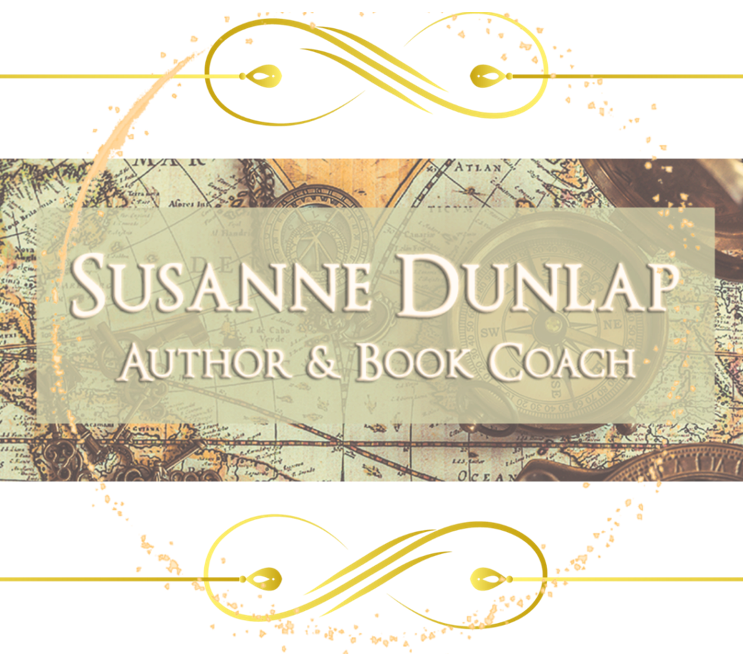
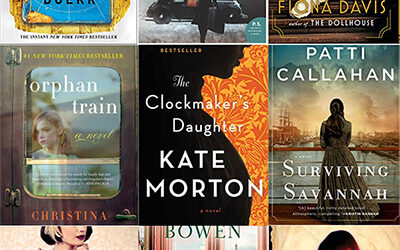
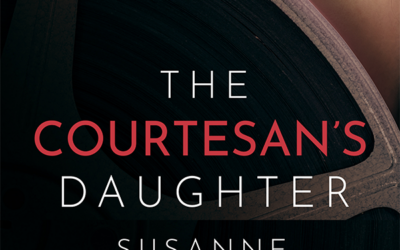
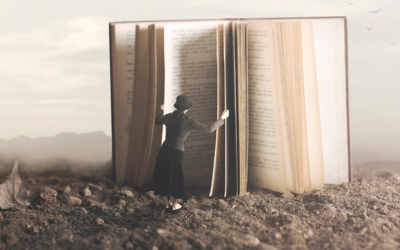


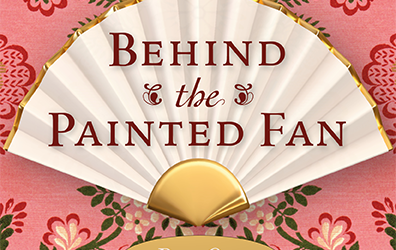

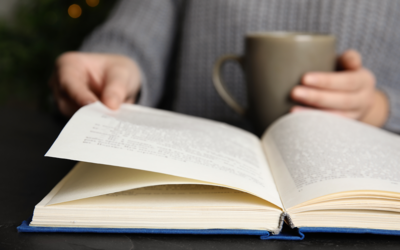
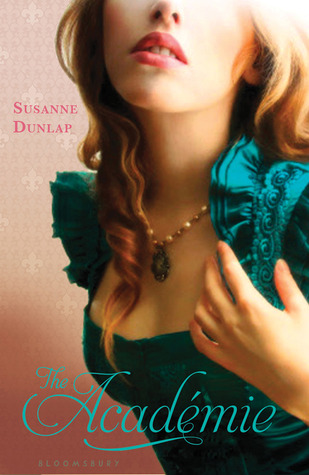
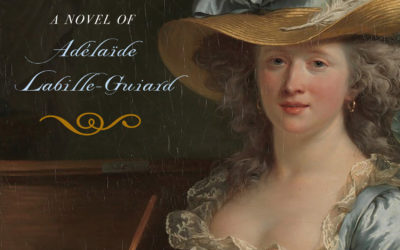
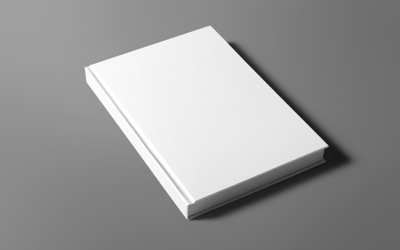
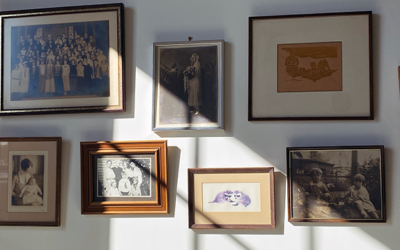
0 Comments